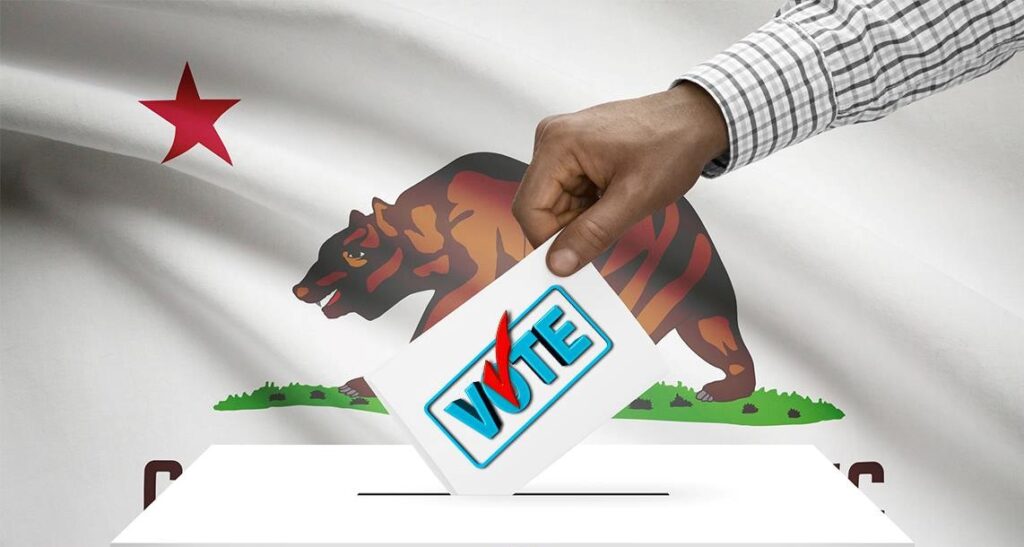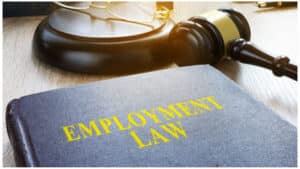This week’s question comes from Chris F. in Bernal Heights, who writes:
Q:“I worked for a design and development firm until November 2018. I was working on a project in the Martinez/Vallejo area and we had a really tight schedule requiring lots of overtime. I wanted to vote in the election and, a week before Election Day, I told my supervisor that I wanted to come in a few hours late so I could vote. My boss, who is really conservative, told me that I couldn’t take time off, which would be a good thing since there would be one less “lefty liberal” voting in San Francisco. I went to my polling station first thing on Election Day and learned I wasn’t the only one who thought it would be a good idea to vote before work. I waited for about 20 minutes, voted, and then fought traffic to get to work. Given our overtime, had I not voted in the morning I probably wouldn’t have had a chance to vote. I got to work an hour and a half late. My boss was really pissed and yelled at me. When I said I was voting to “make America great again” he told me I was fired for being a no-show. Can he do this? I thought that I had a right to vote.”
A: Chris, it’s amazing how some people want to “make America great” by taking away voters’ rights. Your gut instinct is correct: you should not be disciplined or fired for exercising the right to vote, one of your most fundamental rights. California Elections Code § 14000 provides employees with the right to take reasonable time off to vote, without loss of pay, if a voter does not have sufficient time outside of working hours to vote in a statewide election. The law requires that the voter be allowed to take off enough working time that, when added to the voting time available outside of working hours, will enable the voter to vote, limited to two hours. The allowed time off for voting must be at the beginning or end of the regular working shift, whichever maximizes time for voting and minimizes time off from the regular working shift, unless otherwise mutually agreed. Section 14000(c) states that if a worker knows, or believes, on the third working day prior to the election, that time off will be necessary to be able to vote on election day, the employee must give the employer at least two working days notice. Collective bargaining agreement provisions, such as those contained within union labor contracts, intended to waive an employee’s right to pay for time taken off to vote have been held by the courts to be against public policy, contrary to express provision of law and invalid.
Your employer should not only have known and followed this law, he was also required to provide notice to all employees of their right to take paid time off to vote. California Elections Code § 14001 requires employers to, no later than 10 days before a statewide election, “keep posted conspicuously at the place of work, if practicable, or elsewhere where it can be seen as employees come or go to their place of work, a notice setting forth the provisions of Section 14000.”
It appears that you met the law’s requirements and, therefore, the conduct directed towards you was unlawfully retaliatory. An employer who terminates an employee for exercising their right to vote has engaged in “wrongful termination in violation of public policy.” A wrongfully terminated employee is entitled to recovery of economic damages such as lost wages and benefits, non-economic losses such as stress and emotional distress and, if the denial was the decision of an officer, director or “managing agent” of the employer, punitive damages.
Regarding your boss calling you a “lefty liberal,” indicating that he didn’t want you to vote because of your political leanings, that too is illegal. California Labor Code § 1101 states that no employer shall adopt or enforce any rule or policy forbidding or preventing employees from engaging or participating in politics or from becoming candidates for public office. Likewise, it prohibits employers from controlling or directing, or tending to control or direct the political activities or affiliations of its employees. This prohibition not only covers which political party you vote for, but also other causes related to matters of public concern. Much of the recent case law on § 1101 arises out of the history of Proposition 8 and the fight for marriage equality for the LGBTQ community. His reference to you being a “lefty” demonstrates that he took prohibited action against you based on your political leanings.
Chris, I suggest that you contact a trial lawyer with knowledge of employment laws to discuss your case.










